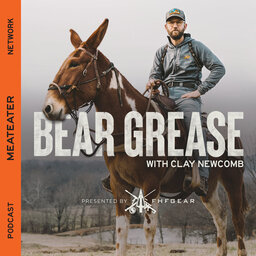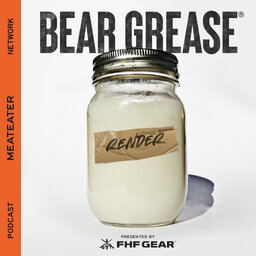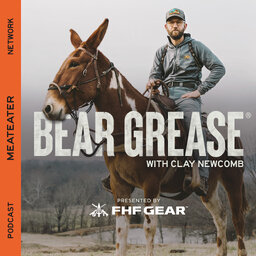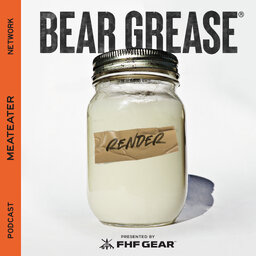Ep. 56: Genuine Outlaws - Covert Operations, Part 3
On this episode we’re going to the world of the covert operations of the government. Clay was able to get an interview with the undercover National Forest Service law enforcement agent that worked a sting operation on Louie Dale Edwards in Arkansas in the 1990s. We go into the details of the operation, how it went down and what caused it to fail. Secondly, Clay talks with Dr. Daniel Rupp about the anthropological reasons why western culture loves outlaws. It all stems back a general mistrust of power and a desire for the common man to stick it to the system. Clay finally gets his questions answered in his personal exploration of why we’re endeared to outlaws. This may be the coolest Bear Grease Podcast yet.
Connect with Clay and MeatEater
Clay on Instagram
MeatEater on Instagram, Facebook, Twitter, and Youtube
Shop Bear Grease Merch
 Bear Grease
Bear Grease


